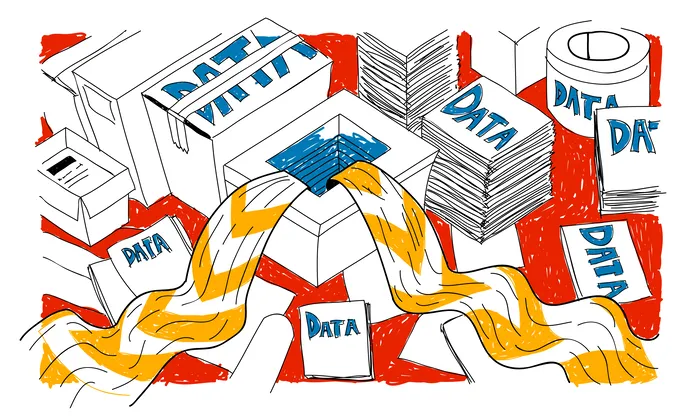What is retrieval-augmented ASR?
ASR
Speech Recognition
Speech AI
Retrieval-augmented ASR is a modern advancement in speech recognition that enhances accuracy by combining traditional ASR methods with retrieval-based techniques. This innovative approach uses large datasets and sophisticated search algorithms to improve the transcription of spoken language into text, addressing limitations like out-of-vocabulary words and domain-specific terminology commonly encountered in traditional ASR systems.
How Retrieval-Augmented ASR Works
In retrieval-augmented ASR, the system processes speech input through a conventional ASR pipeline to create an initial transcription. Simultaneously, it queries a database of past transcriptions or relevant documents enriched with extensive domain-specific content. This retrieval mechanism allows the system to refine the initial transcription, adding contextual understanding and correcting potential errors based on the relevant data pulled from the repository. This method ensures that the system remains adaptable and accurate, even as language use evolves.
Why Retrieval-Augmented ASR Matters
The primary advantage of retrieval-augmented ASR is its enhanced accuracy, which is crucial in fields like healthcare, legal, and customer service where precision is paramount. By pulling relevant context from a vast database, the system can dynamically adjust to specialized vocabulary and complex language structures. This results in a more reliable and user-friendly transcription service, ultimately increasing trust and satisfaction among users.
Practical Applications and Use Cases
Retrieval-augmented ASR is particularly beneficial in industries requiring high transcription accuracy. For example, in healthcare, it can accurately transcribe medical jargon during patient consultations. In customer service, it ensures that agent-customer interactions are accurately captured, improving service quality. Legal professionals can also benefit from precise transcription of courtroom proceedings, reducing the risk of errors in legal documentation.
Implementation Considerations for Retrieval-Augmented ASR
To effectively implement retrieval-augmented ASR, several key factors must be considered:
- Dataset Quality: The success of this system heavily depends on the quality and diversity of the datasets used for retrieval. Ensuring a comprehensive dataset that covers various languages, accents, and scenarios is crucial for robustness.
- Computational Resources: The retrieval component requires significant computational power for indexing and searching large datasets. Organizations need to evaluate their infrastructure capabilities to support these operations efficiently.
- Latency Management: While enhancing accuracy, retrieval can introduce latency. It's essential to optimize search algorithms and database structures to maintain a responsive user experience.
Avoiding Pitfalls in Retrieval-Augmented ASR Deployment
Organizations must be cautious of common pitfalls when deploying retrieval-augmented ASR systems:
- Overreliance on Historical Data: Relying too heavily on outdated transcriptions can lead to inaccuracies as language evolves. It's important to continuously update the database with current data.
- Neglecting Real-World Variability: Training datasets must reflect real-world conditions, including background noise and diverse speaker accents, to ensure the system performs well in practical applications.
- Inadequate Testing: Comprehensive testing in diverse scenarios is essential. Simulating real-world environments ensures the system is robust and reliable.
Ethical and Privacy Considerations
In deploying retrieval-augmented ASR, ethical considerations such as data bias and privacy concerns must be addressed. Ensuring diverse and representative datasets helps mitigate bias, while robust data protection measures protect user privacy, aligning with regulations like GDPR.
FutureBeeAI's Expertise in Speech Data Solutions
At FutureBeeAI, we specialize in providing high-quality, diverse datasets that empower retrieval-augmented ASR systems. Our expertise in data collection, annotation, and delivery ensures that your models are trained on ethically sourced and meticulously curated data, enhancing their performance across various applications. For projects requiring specialized speech data, FutureBeeAI offers scalable solutions tailored to your needs, ensuring you stay ahead in the evolving landscape of speech recognition technology.
What Else Do People Ask?
Related AI Articles
Browse Matching Datasets
Acquiring high-quality AI datasets has never been easier!!!
Get in touch with our AI data expert now!








